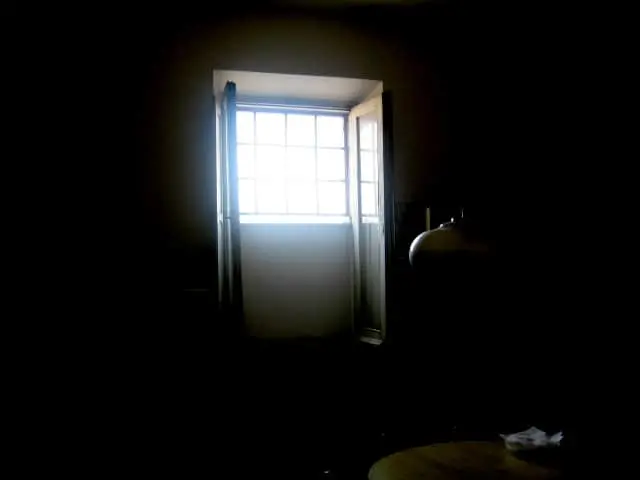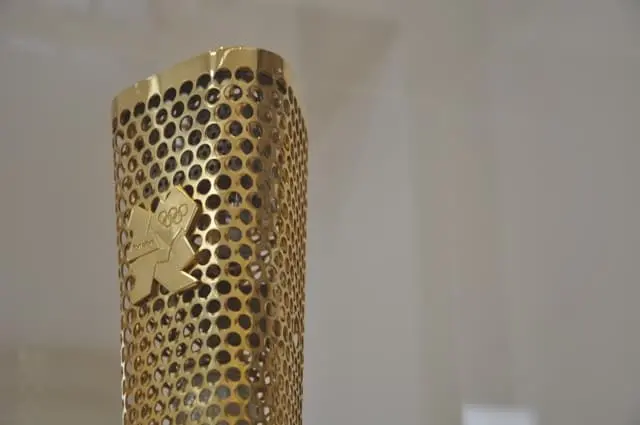Liu Xiaobo
Articles by Liu Xiaobo
The Negative Effects of the Rise of Dictatorship on World Democratization
When the CPC boss Hu Jintao made his first official visit to the United States [in April 2006], he followed the old low-key pragmatic approach the CPC regime had adopted in its relations with the U.S. since June Fourth, with the intention of maintaining stable relations between the two countries. In order to reduce the
The Many Aspects of CPC Dictatorship
Although the CPC regime of the post-Mao era is still a dictatorship, it is no longer fanatical, but rather, a rational dictatorship that has become increasingly adept at calculating [its] interests. Particularly after the June Fourth Massacre, no effort could ease the rapid decline of CPC ideology. In addition, the profit-before-everything mentality, widespread corruption, and
The CPC’s Dictatorial Patriotism
A nation is composed of its people. People are the mainstay of a nation; they are also the source of national sovereignty and the owners of national interests. In a rational political system, the political power is conferred by the people, the government is supported by the blood and sweat of the people, and the



